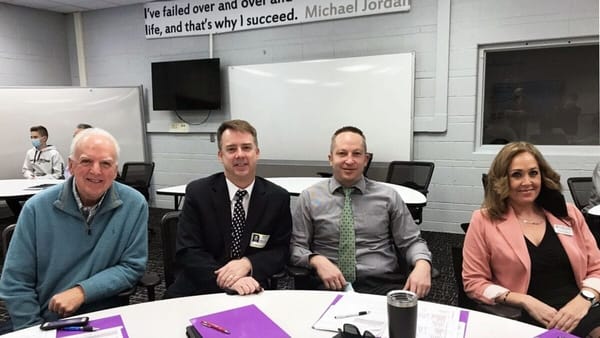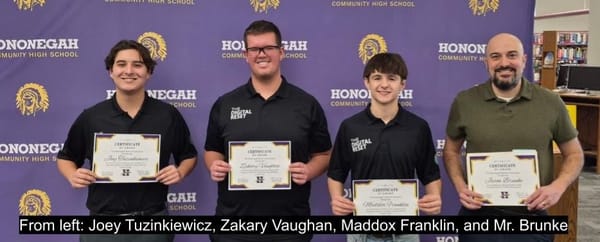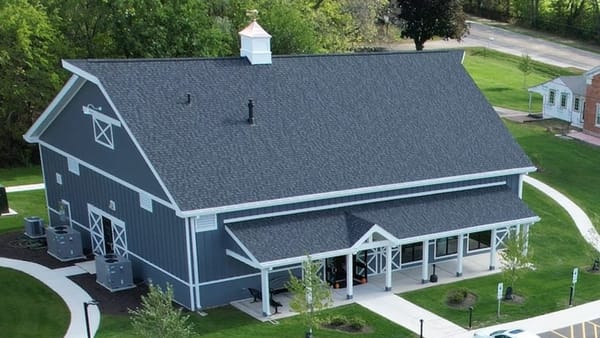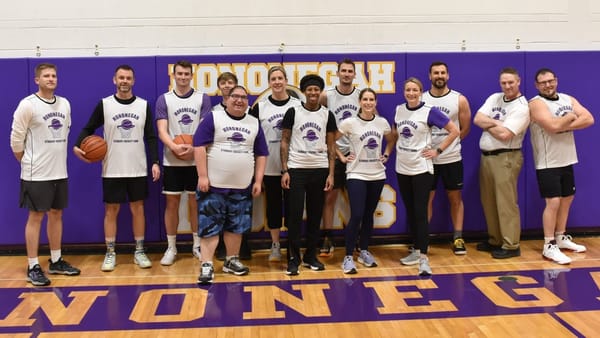How Corn Changed Itself and then Changed Everything Else
Sat, Sept 6, 2025, 1 p.m., Nature at the Confluence, 306 Dickop St, South Beloit, IL 61080
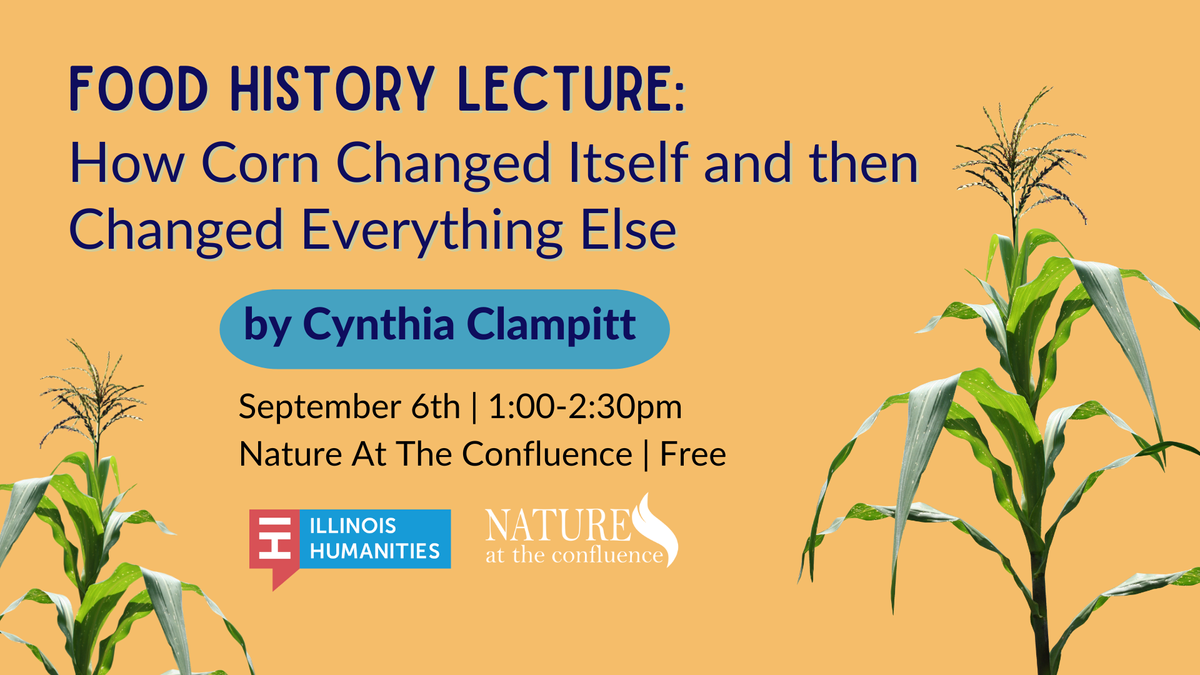
Take a deep dive into food history with Cynthia Clampitt. This lecture is free to the public thanks to sponsorship from Illinois Humanities.
About 10,000 years ago, a weedy grass growing in Mexico possessed of a strange trait known as a “jumping gene” transformed itself into a larger and more useful grass—the cereal grass that we would come to know as maize and then corn. Nurtured by Native Americans, this grain would transform the Americas even before First Contact. After First Contact, it spanned the globe, but it also drove westward expansion in North America, building cities and inspiring innovators and entrepreneurs. However, vampires, whiskey, time zones, Fritos, and the Chicago Bears are also part of this remarkable story. And, as Margaret Visser noted in Much Depends on Dinner, “Without corn, North America—and most particularly modern, technological North America—is inconceivable.”
Cynthia Clampitt is a writer and food historian. She has pursued her love of culture, history, and food in thirty-seven countries on six continents (so far), but has in recent years focused her studies on the American Midwest. She is the author of Midwest Maize: How Corn Shaped the U.S. Heartland, (University of Illinois Press); Pigs, Pork, and Heartland Hogs: From Wild Boar to Baconfest, (Rowman & Littlefield); and Destination Heartland: A Guide to Discovering the Midwest’s Remarkable Past (University of Illinois Press, March 2022). She has written for three decades about food history, but has also written more traditional history and geography for clients that include the Colonial Williamsburg Foundation and National Geographic Learning. Clampitt is a member of the Society of Women Geographers, Culinary Historians of Chicago, the Agricultural History Society, and the Midwestern History Association.
Illinois Humanities is supported in part by the National Endowment for the Humanities: Democracy Demands Wisdom and the Illinois General Assembly [through the Illinois Arts Council Agency], as well as by contributions from individuals, foundations, and corporations.
https://natureattheconfluence.com/event/how-corn-changed-itself-and-then-changed-everything-else/

